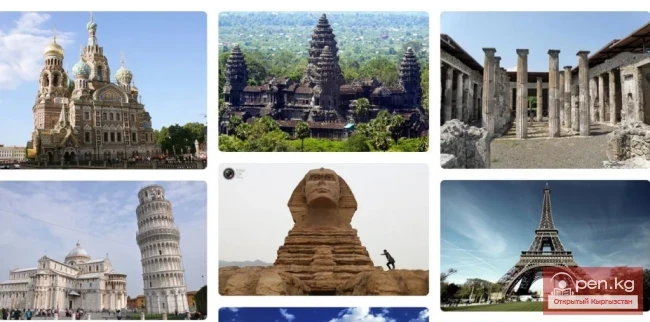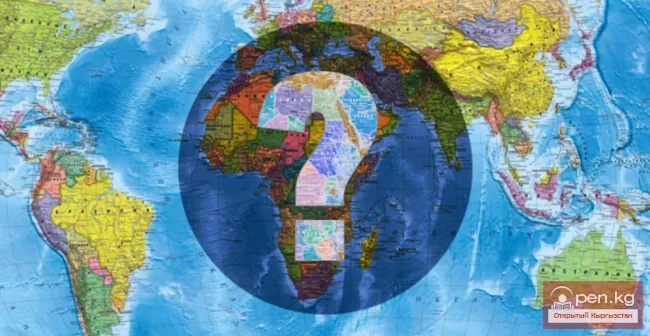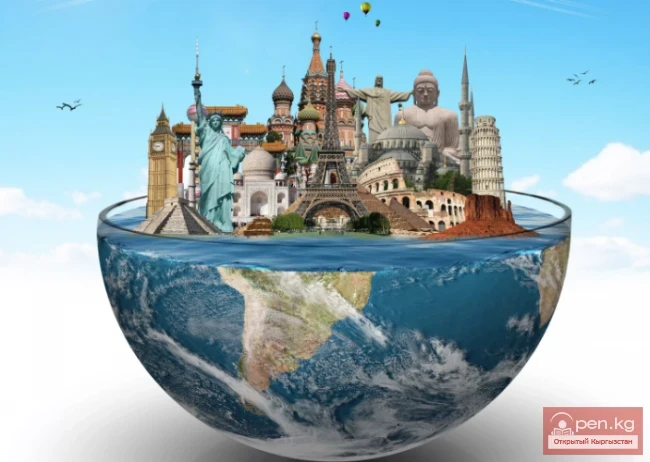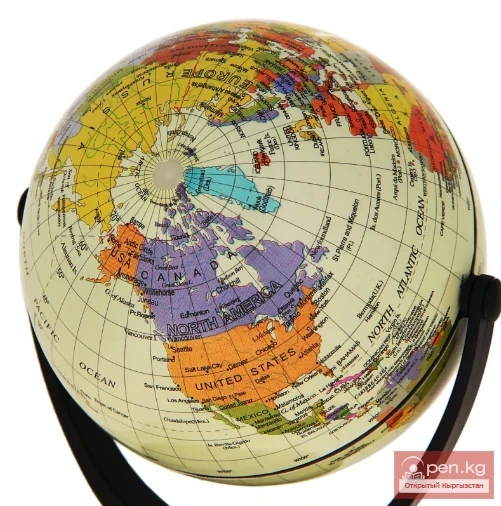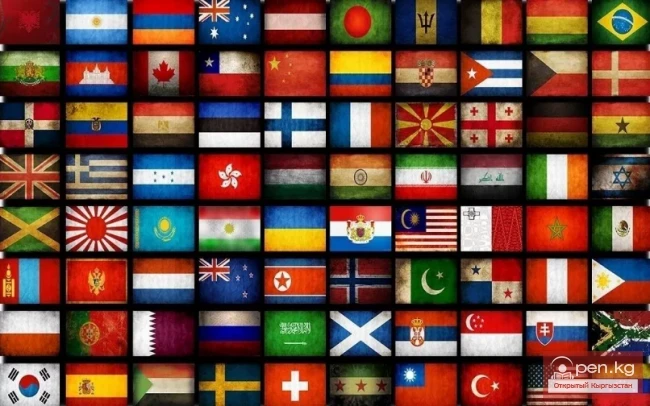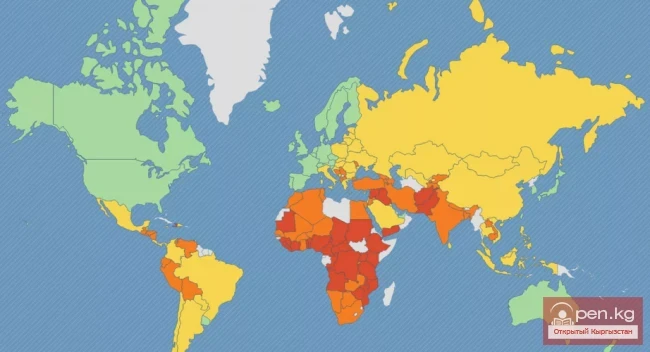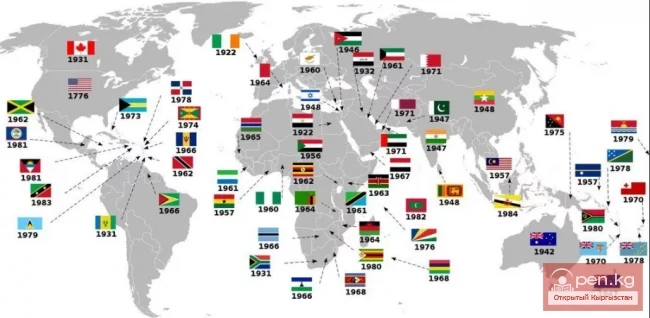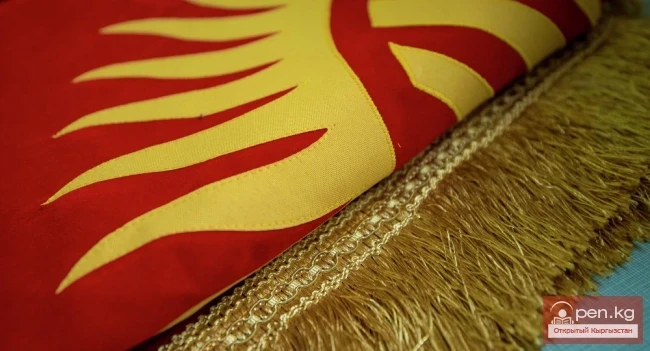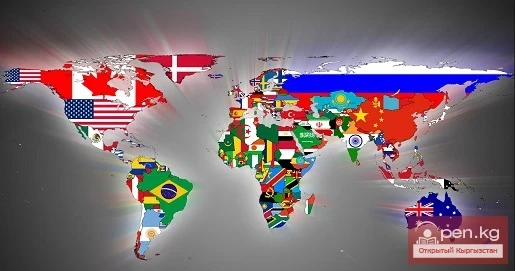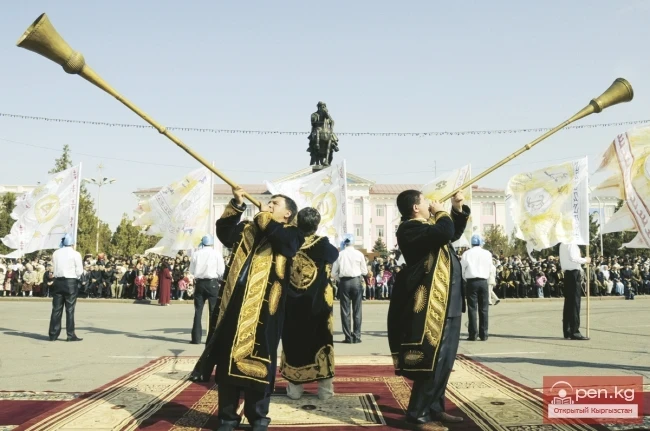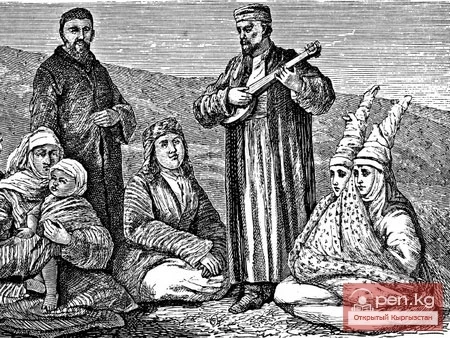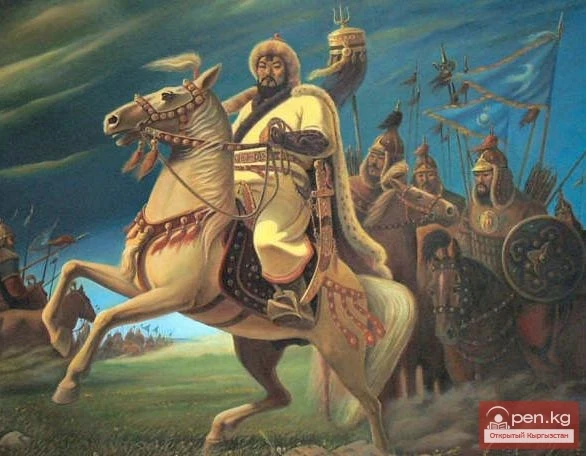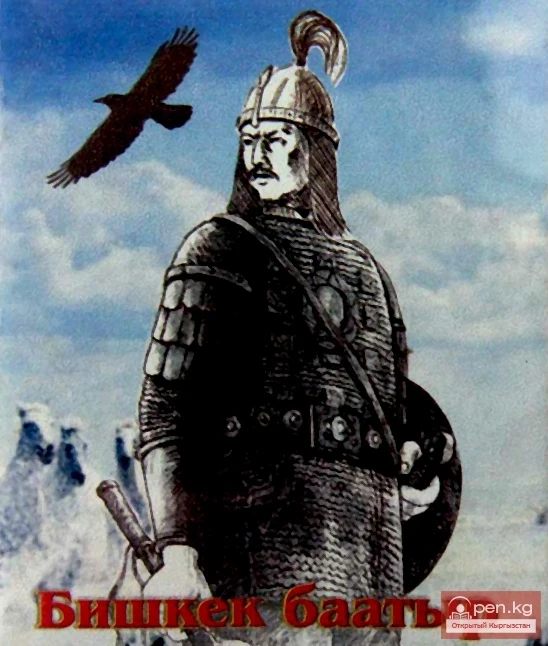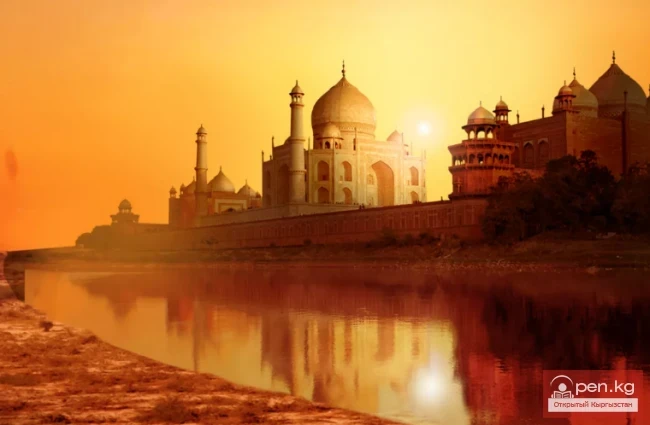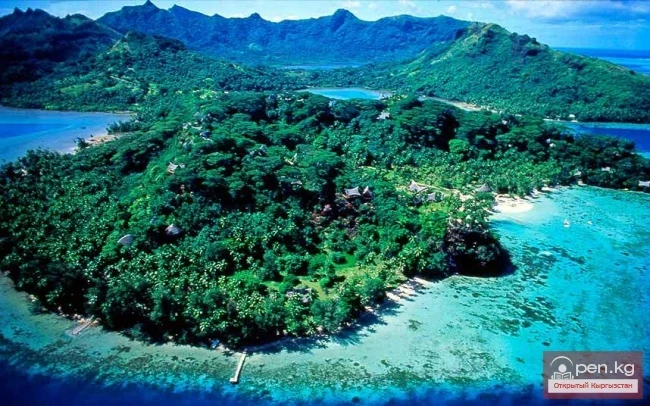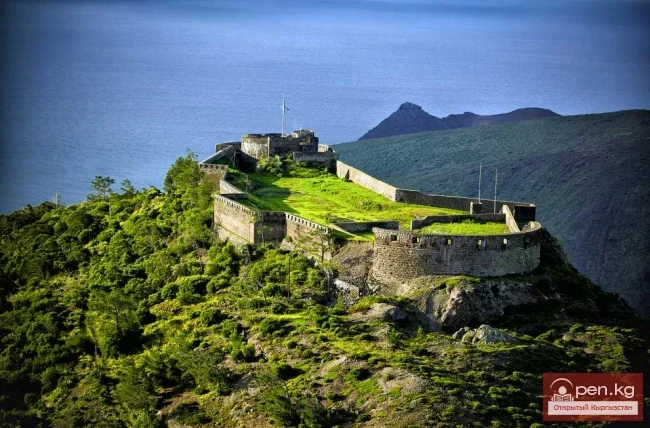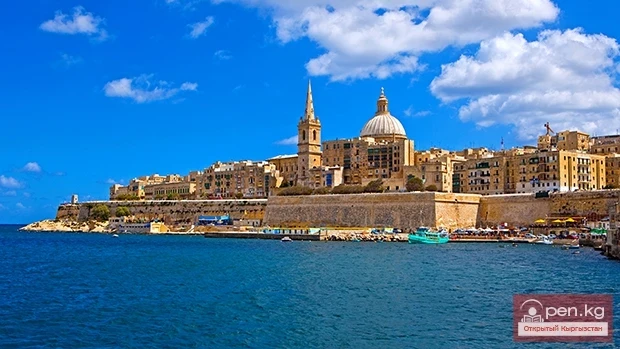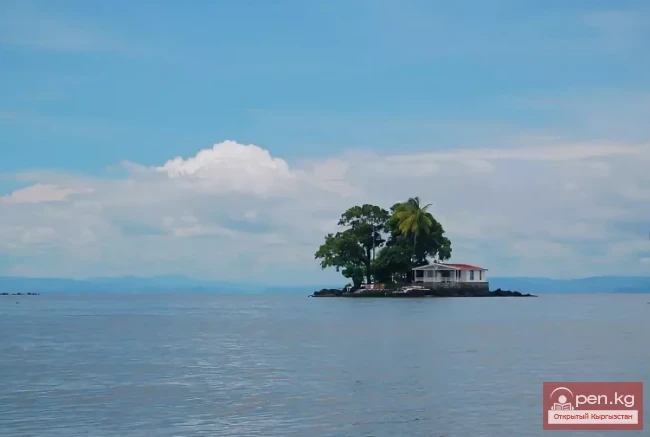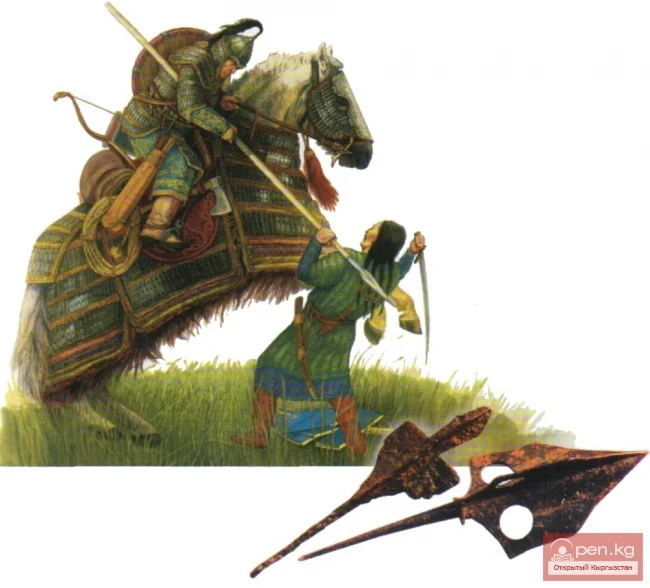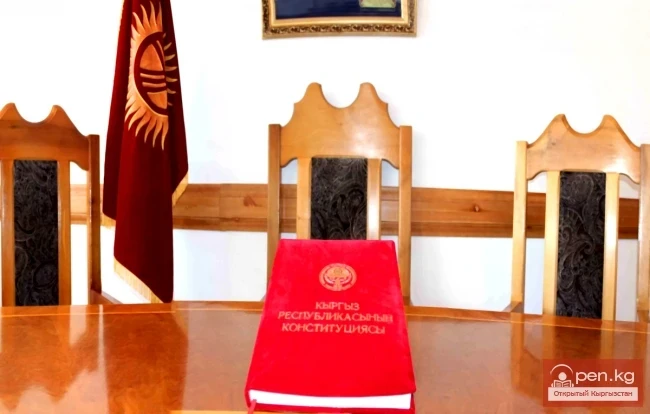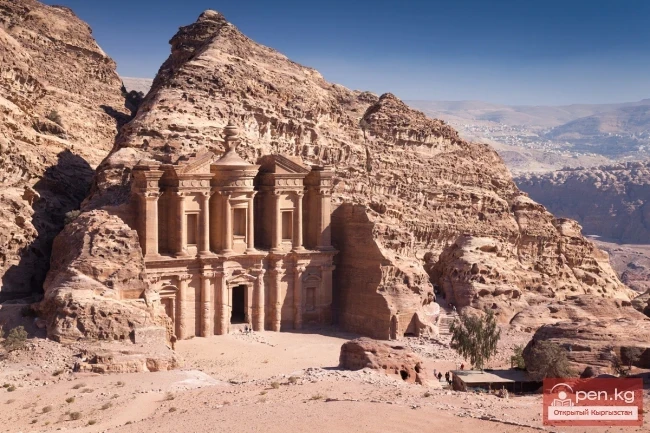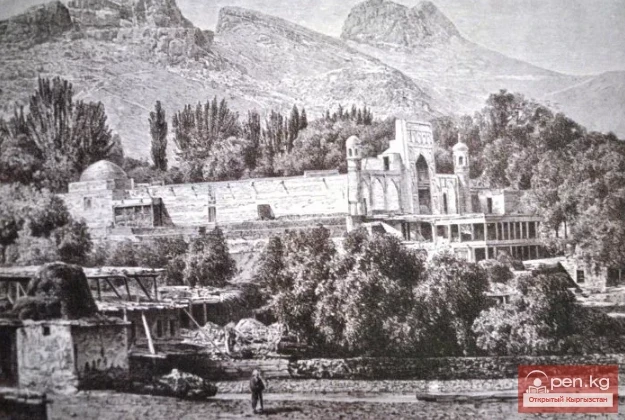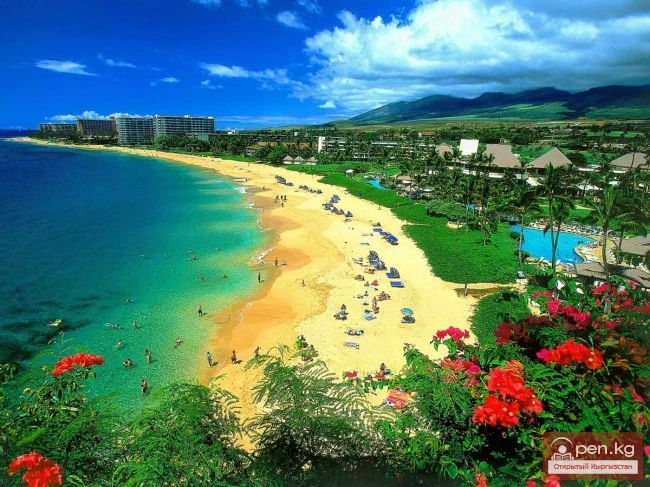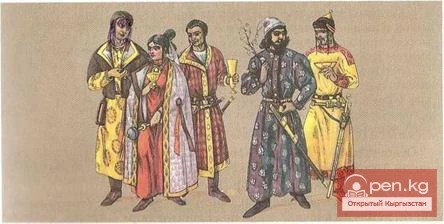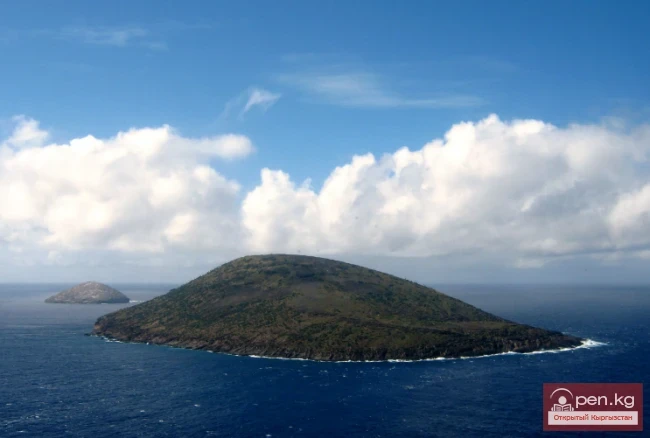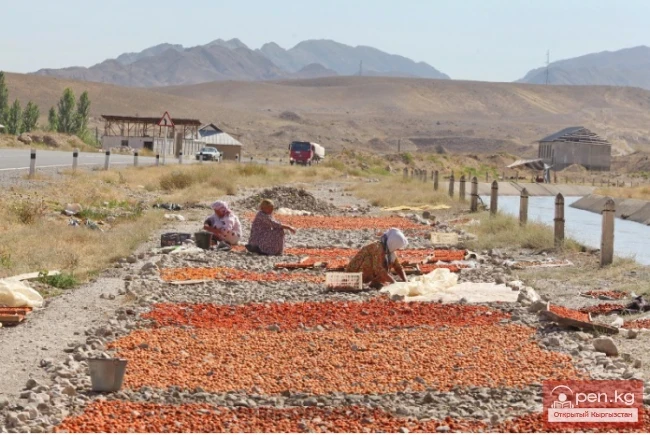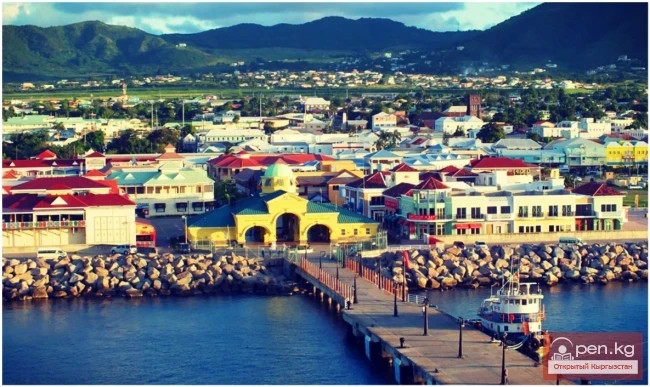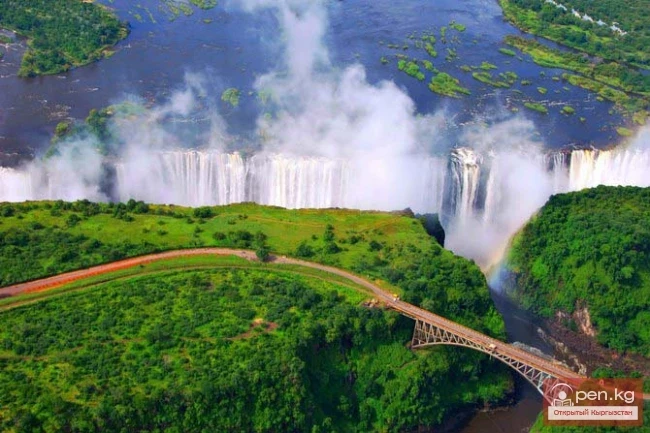Dominican Republic
— from Latin dies Dominica, "day of God" ("Sunday"). The name of the most famous navigator — Christopher Columbus is associated with many toponyms. It was on this day that Columbus first landed on the island.Denmark - dhen (Proto-Indo-European language group) means "low" or "flat" and in Germanic "mark" means "borderland" and/or "border forest." The name was used by the ancient Goths to describe the forest that separated Gothland from Scania.
Djibouti - named after the lowest point of the Gulf of Aden in the Indian Ocean. Possibly derived from the word "gabouti" (in Afar language) - a doormat made of palm fibers.
E
Egypt - "temple of the soul of the god Ptah".
Z
Zambia - from the Zambezi River.
Zimbabwe - "stone houses" in Shona, referring to the stone-built capital of the ancient trading empire of Great Zimbabwe.
I
Jordan. Until 1946 — a British-dependent principality of Transjordan. Since 1949 — the Hashemite Kingdom of Jordan. The country is located on the banks of the Jordan River, and its rulers are from the Hashemite dynasty.
Israel - an alternative name for the biblical hero Jacob, literally "wrestling with God."
After the establishment of the state in 1948, various naming options were considered — Zion, Judea. They chose Israel — after the name that the patriarch Jacob received after wrestling with God. According to one version, it comes from "sarar" — "to rule".
India - from the Sanskrit name for the Indus River — Sindhu (in Hindi). Now the Constitution of India enshrines another name for the country — Bharat (named after the Bharatas — heroes of the ancient Indian epic "Mahabharata"). It is often believed that "Bharat," the native name for India, comes from the name of the ancient king "Jada Bharatha," but this name could also come from another king Bharata, the son of the legendary king Dushyanta.
Indonesia. "Indian islands," or "island India." From the Greek word nesos, "island," added to the name of the country India.
The name became popular in the mid-19th century. It was coined by Europeans, combining the words "India" and "nesos" (from Greek — "island").
Iraq - from ancient Hebrew "Uruk" ("between the rivers"), which refers to the Tigris and Euphrates rivers.
From Arabic — "shore," "coast." The country is located on the banks of the Tigris and Euphrates. The name appeared in the 7th–8th centuries AD, during the Arab conquest of the territories along these rivers.
Iran - "land of Aryans" or "land of the free." The term "Arya" comes from the Proto-Indo-European language group and generally means "noble" or "free," related to the Greek-derived word "aristocrat." The name was adopted in 1935 (before that Persia) and comes from the name of the ethnic group — the ancient Indo-Iranians called themselves Aryans. This word apparently traces back to the ancient Indian "lord, master of the house."
Persia (the former name of Iran): from Latin "Persais," from ancient Persian "Paarsa," the central region in the country, modern Fars. Persia is often associated with Greek mythology - "land of Perseus."
Ireland - from ancient Irish eirinn, meaning "western land," as Ireland is in the west of Europe. Also from Eire from pre-Celtic Iweriu - "fertile place" or "place of Eire," the Celtic goddess of fertility. It is often mistakenly thought to derive from "land of iron."
Spain and rabbits. The Spanish tradition of naming countries after mistaken observations dates back thousands of years.
The ancient seafaring peoples of Phoenicia, predecessors of modern explorers, discovered this Mediterranean territory approximately 3,000 years ago. Many hyraxes (rock hyraxes) lived here, so they named it I-shapan-im — Island of the Hyrax. When the Romans came to power over much of the European continent, they changed the name of this land to "Hispania," or Spain. However, the animals on the "Island of the Hyrax" were not even rodents — they were actually rabbits. Thus, Spain, an empire of explorers who invented names for cities and countries based on false legends or mistaken interpretations, was self-named as a result of a misconception. According to a later version, the name comes from the Basque espana — "spur," "promontory," which may relate to the shape of the Iberian Peninsula.
Iceland - "land of ice" (Island in Icelandic). Named so to dissuade foreigners from attempting to settle on what was actually fertile land. Icelandic sagas tell that a Norwegian named Naddodd (Naddodd) was the first foreigner to reach Iceland in the 9th century. He named the place "snow land" (Snaeland) because it was snowing there. Later, the Viking Floki Vilgerdarson reached the shores of the island, bringing livestock and wintering there. The winter was exceptionally harsh, and the fjords were blocked with ice. Because of this, Floki named the area "land of ice" — Iceland (is — "ice," land — "land").
Italy - "son of the bull god" or "calf god," the name usually refers only to a small area at the southern tip of modern Italy. In Ancient Rome, the Italics were tribes of the Apennine Peninsula conquered by Rome before the 3rd century BC. Their territory was called Italy.
Y
Yemen - from Arabic "yamin" — "right." The origin of the name is debated. Some sources claim it comes from Arabic yamin, meaning "to the right" (referring to Yemen's position from the perspective of an observer looking from Mecca), while others suggest the name comes from yumn, meaning "happiness," "blessing." The name (for the classical world - "Arabia Felix" (again, a lack of historical knowledge)) usually referred to the entire southern coast of the Arabian Peninsula. According to an ancient system of orientation, if one stands facing east at the sacred stone of the Kaaba, Yemen will be on the right — to the south (unlike Europeans, who orient themselves by cardinal directions facing north, where east is on the right).
